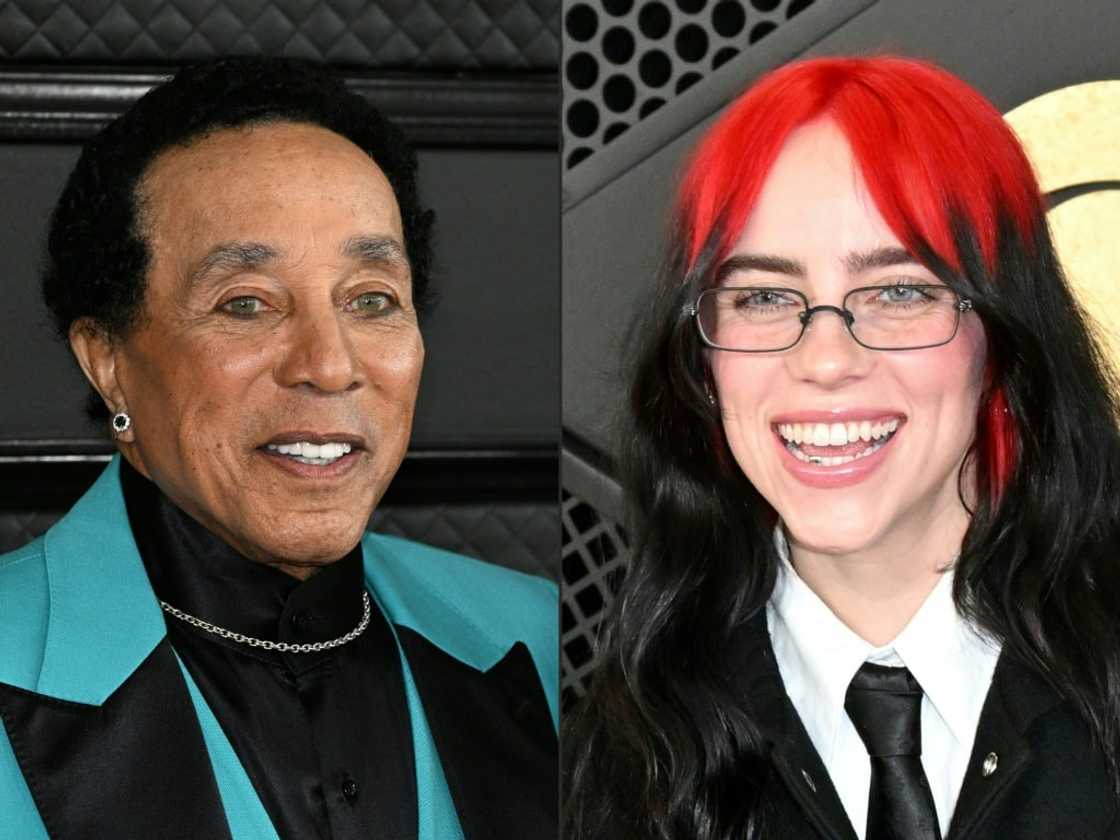Eilish, Smokey Robinson urge protection against AI

Source: AFP
Hundreds of artists and songwriters including Billie Eilish, Smokey Robinson and the estate of Frank Sinatra signed an open letter released Tuesday urging protections against what they called an "assault on human creativity" posed by artificial intelligence.
"We must protect against the predatory use of AI to steal professional artists' voices and likenesses, violate creators' rights, and destroy the music ecosystem," read the letter, submitted by the non-profit Artist Rights Alliance.
The letter comes after months of similar warnings that unchecked artificial intelligence could undermine copyright law and open the door to rampant fraud and theft.
"We call on all digital music platforms and music-based services to pledge that they will not develop or deploy AI music-generation technology, content, or tools that undermine or replace the human artistry of songwriters and artists or deny us fair compensation for our work," read the letter, whose signatories also included Katy Perry, J Balvin and Pearl Jam.
"Unchecked, AI will set in motion a race to the bottom that will degrade the value of our work and prevent us from being fairly compensated for it," read the letter.
Last month, the state of Tennessee -- one of the music industry's nerve centers thanks to Nashville -- became the first in the United States to pass legislation that aims to protect music industry professionals against AI threats with its "ELVIS Act."
PAY ATTENTION: Watch the hottest celebrity stories on our YouTube channel 'Briefly TV'. Subscribe now!
The Ensuring Likeness, Voice, and Image Security Act, which goes into effect on July 1, says generative AI tools cannot replicate an artist's voice without obtaining consent.
Similar legislation is under discussion at the federal level in Congress, and in several other states.
Activists and top industry organizations including the Recording Industry Association of America and the Screen Actors Guild praised the Tennessee act -- the Human Artistry Campaign, a global coalition, called it "landmark" legislation.
In Tuesday's letter, the Artists Rights Alliance -- an artist-run group representing songwriters and performers -- acknowledged that AI has "enormous potential to advance human creativity," but warned of the darker consequences.
"Working musicians are already struggling to make ends meet in the streaming world, and now they have the added burden of trying to compete with a deluge of AI-generated noise," said ARA head Jen Jacobsen.
Universal Music Group has cited TikTok's approach to AI as a factor in the ongoing contract renewal feud between the two companies, which has led to music from Universal's many recording artists and those with publishing contracts being expunged from the platform.
Source: AFP



